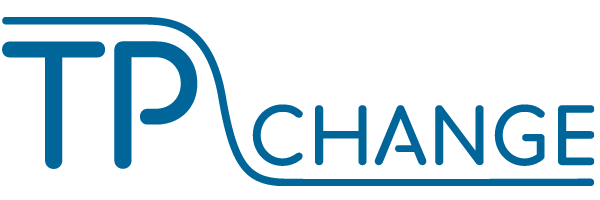
Data
TPChange brings together scientists who use a wide range of data products: laboratory, airborne, surface-based, and spaceborne measurements on the one hand, and numerical model data of varying complexity on the other. The measurements are derived from wind tunnel experiments, research and commercial aircraft flights, balloon soundings (radiosondes, ozonesondes, AirCore), and drone observations. These observations are usually irregularly distributed in space and time, but they provide the substantial advantage of delivering the high-resolution data necessary for process studies in the upper troposphere and lower stratosphere (UTLS). Complementary multi-annual, near-global satellite data sets help to identify long-term changes in the UTLS, although they often lack the fine-scale resolution required for detailed process studies.
The numerical model data created and used within TPChange include reanalysis data sets, in particular the fifth-generation reanalysis ERA5 from the European Centre for Medium-Range Weather Forecasts (ECMWF). ERA5 serves as a backbone for many analyses that combine observations with model output, as it provides a comprehensive, long-term representation of the atmosphere. This allows observations from different locations and times to be placed into a consistent context.
Within TPChange, many researchers write model code, run models of varying complexity, and analyse the output of numerical experiments. The models range from basic parcel models, used to study individual processes, through models of intermediate complexity – often in idealised frameworks – to comprehensive regional and global numerical weather prediction and Earth system models. These models most often provide an Eulerian perspective on the UTLS. Complementary Lagrangian model frameworks are particularly valuable for questions related to transport processes within individual air parcels. Lagrangian methods are applied both within comprehensive models (e.g. for convective transport, stratospheric transport, or gravity wave propagation) and for online and offline trajectory calculations.
Data handling and data sets within TPChange
In many projects within TPChange the variety of data sets comes together to answer scientific questions related to UTLS. Researchers write analysis software, find new ways to explore the data and finally publish their data together with their scientific findings. Within TPChange we also provide guidelines for the data life cycle. Currently, these guidelines are published in our data mangagement plan which is available on github:
On this github instance we also provide an overview of centrally stored data sets and project specific data sets used within TPChange:
Published data sets
Currently, the data sets used and created within TPChange are published in our
Milestones for TPChange are the merged data sets from the TPEx I campaign and the consistent ERA5 and CLaMS data along obersvations in the UTLS:
- Lachnitt, H.-C. (2025). TPEx 2024 observational data and model data along flight path – Merged [Data set]. Zenodo. https://doi.org/10.5281/zenodo.15371527
- Lachnitt, H.-C. (2025). Consistent meteorological (ERA5) and chemical (CLaMS) information across airborne measurements over the globe between 1997 and 2023 [Data set]. Zenodo. https://doi.org/10.5281/zenodo.15076520
In the future we will include our data in the NFDI4Earth data base to strenghten our collaboration with NFDI.
Internal data management
Data exchange server tpcdata
Information on how to access the TPChange data server can be found here (login required).
The server is thought
- to provide a central point of access to observational and modeling data created and used within TPChange,
- to foster the exchange of data between individual projects and
- to provide a platform for cross-project data analysis.
Source code management
- We provide a Gitlab instance from the data center at the Johannes Gutenberg University for internal source code management: JGU Gitlab (login required)
- We also have a public Github group
- Source code management is also available for and used by TPChange members at DKRZ, at JSC or other computing centres of TPChange member institutions.
